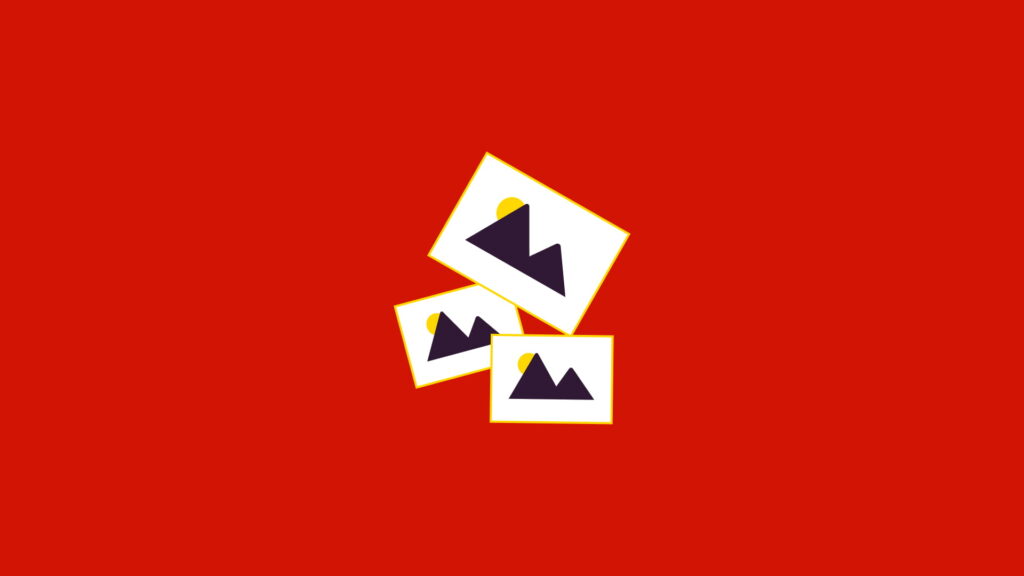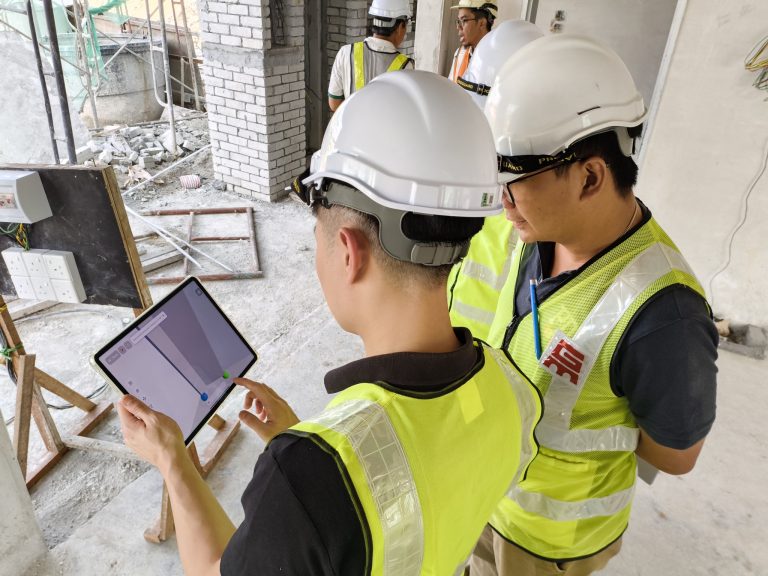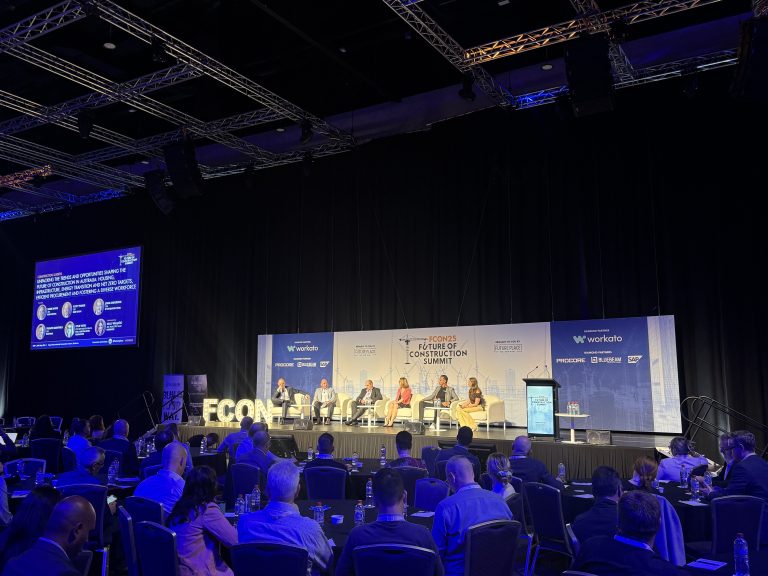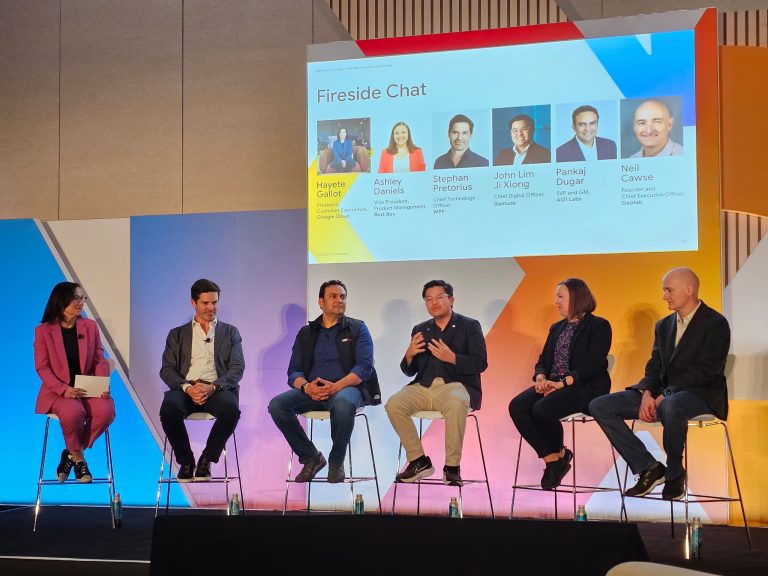”If you light a lamp for someone else, it will also brighten your path – Gautama Buddha
Mentoring goes two ways: mentors get to hone their leadership skills while mentees benefit from the guidance of a senior person. Speaking to informal mentor and mentee duo, we get a glimpse of workplace mentorship at play.

The mentor: Liew Kit Shen (Sam)
Previously electrical engineer, now programming engineer, Sam had played a key part in the development of the award-winning Autonomous Tunnel Boring Machine system in 2019. He has taken up other leadership roles since then, overseeing tunnelling operations and further A-TBM developments as assistant tunnel manager.

The mentee: Sachdave Singh
Sachdave joined Gamuda in 2018 as a mechanical engineering intern in the MRT Line 2 Underground Works project. Today he is a self-taught software engineer with Gamuda Excellence Transformation where he collaborates with in-house innovators to help supercharge ideas with technology.
Interview edited for length and clarity.
Question: How did you start your mentoring journey in Gamuda?
Sam: I first started mentoring 6 months after I joined Gamuda in 2016. Every 3 months we had a new intern joining that will be attached to an electrical engineer. Our bosses thought it would be a good opportunity for us to practice leadership through mentoring. I’ve had about 10 mentees then. My proudest moment is hearing of the interns securing a permanent job after their internship and seeing their career thrive.
Q: You cited your mentor, Russell, as an important figure. Could you tell us why?
Sam: My mentor, Russell Jon Batty, happen to also be my immediate superior! He has a way with anecdotes that I had learnt a lot from. For example, we encountered a perplexing scenario with our tunnel boring machine once where it kept indicating a mysterious error which resulted in other systems failing as well. Amidst our panic and confusion, Russell told us to approach the issue the ála carte’ way instead of ‘buffet style’. This meant troubleshooting the problem one by one and in a specific order. We eventually succeeded by tackling the issue at our own pace without succumbing to the stress.
Another fascinating thing Russel does is his annual mini innovation competition where anyone in the team gets to contest their ideas. The rewarding part is when Russell selects the best idea, rewards the creative mind behind it and implements it at work. Where he occasionally takes a backseat to allow others to take the lead, his presence, stories and stellar works ethics in itself were huge motivators for us to rise above any challenges.
Q: For the both of you, how has mentorship shaped your careers or professional developments?
Sachdave: Sam had definitely helped me see things differently. I remember griping about certain tools from our UI[1] framework at first, and discrediting it for being “inflexible”. Sam challenged my perception when he elaborated on the tools’ various functions to me. That’s when I realised: it’s not that the tools weren’t flexible, I just hadn’t dug deep enough to understand how they work.
He is the go-to guy for the rare few of us in Gamuda that are dealing with software development and programming. I am always inspired by Sam’s willingness to hop on a Teams call whenever someone raises a SOS. He had also encouraged me to grow my confidence by exploring the full web development cycle in my own time rather than picking them up in bits and pieces from my day-to-day job.
Sam: To me, the mentor is a complementary confidante who pushes their mentees to grow. Dave had many times shown me shortcuts to certain developers tasks that I would have otherwise not discovered. When mentoring, I may offer advise based on my past experiences, but often end up discovering new and better ways to approach something while mulling on it further.
Q: Time is often a limitation especially when it is outside of your job scope. How do you balance your daily work with mentoring?
Sam: I just do it! Mentoring to me is a little break where I can just spend 15 minutes with my mentee to clear up issues and point them in the right direction. Regardless of my work schedule, I think it is important to always allocate time for your mentee as I would appreciate the same from my mentor too.
Q: …and would you become a mentor yourself?
Sachdave: It helps to hear from a senior figure who’s been in your shoes about how they overcame challenges. Knowing that I’m not alone in facing them and learning from my mentor so that I can tackle these challenges too was the best thing from this mentorship.
Yes, I’d like to be a mentor eventually just like how I’ve been lucky to have Sam as mentor. It’s only right that I also give back, share and pass down wisdom that could help future successors grow.
Q: In closing, what is your best advice for those who are keen to take up mentoring at the workplace?
Sam: Stay committed to the relationship and always be there for your mentee. It’s not only a great exercise in empathy, but also a way to build your own leadership and management skills. I also find that it’s often constructive working with younger mentees as you do learn newer ways of doing things from them.




